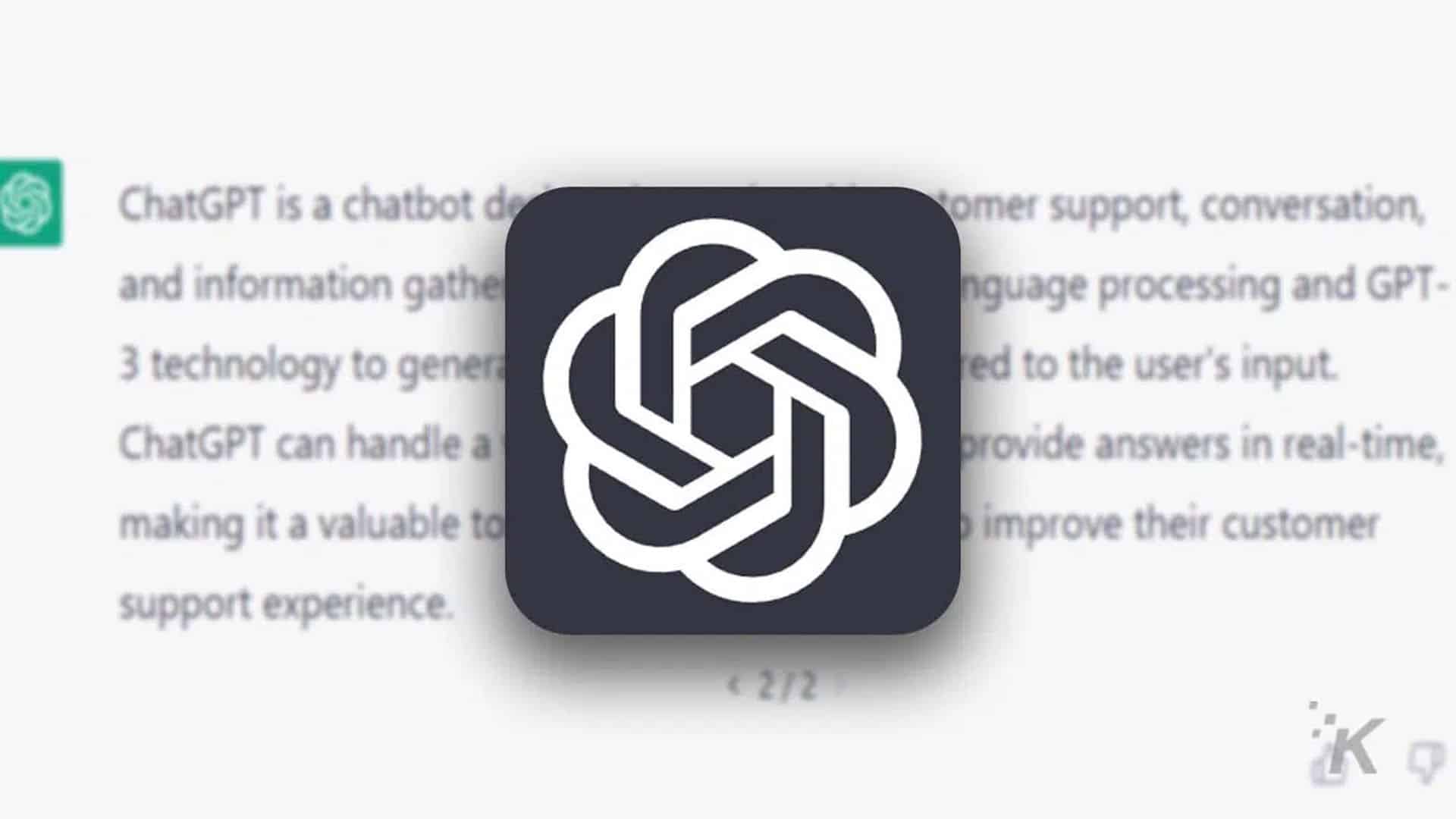AI
ChatGPT unlocks memory powers so you can stop repeating yourself
ChatGPT is getting a new feature that you’ll either love or hate.

Just a heads up, if you buy something through our links, we may get a small share of the sale. It’s one of the ways we keep the lights on here. Click here for more.
OpenAI is breaking new ground by rolling out a “memory” feature for its AI chatbot, ChatGPT, which promises to remember user preferences and past conversations to streamline future interactions.
To enhance the user experience, OpenAI announced it is piloting a new memory feature with a select group of ChatGPT users.
This memory upgrade is no mere facelift; it’s a thoughtful re-envisioning of user interaction. This breakthrough feature eliminates the all-too-familiar repetition of details in each session.
Besides boosting efficiency, these memory enhancements beckon a more tailored conversation, whether you’re a content creator needing specific formatting tips or a coffee shop owner brainstorming social media posts.
How ChatGPT Memory works

Users tell ChatGPT crucial details they’d like it to recall, such as coding preferences or personal tidbits, and the bot integrates this information into future discussions.
Over time, the system refines its ability to retain these details, helping it offer personalized suggestions and solutions.
Control remains firmly in users’ hands. Among the personalization tools, one can instruct ChatGPT to remember or forget details, oversee its memory via settings, or deactivate the feature altogether.
Temporary chat sessions also allow for conversations devoid of lasting memory, ensuring private matters stay that way.
How about privacy?
OpenAI is aware of the distinctive balance between personalized experience and user privacy. An ongoing FTC investigation over data use aims to find out if the current darling of the tech world has been mishandling data.
Therefore, implementing memory comes with robust privacy controls; sidestepping data use pitfalls by giving users command over what the chatbot retains.
For example, a user’s favorite dining spots can be remembered for future recommendations, while sensitive information like addresses can be deleted upon request, ensuring user privacy.
Have any thoughts on this? Drop us a line below in the comments, or carry the discussion to our Twitter or Facebook.
Editors’ Recommendations:
- Slack adds AI to save you time, summarize conversations for you
- Mark Zuckerberg basically called the Apple Vision Pro….trash
- FCC might investigate Apple’s shutdown of Beeper Mini
- Amazon Prime Video strips Dolby Vision and Atmos from the ad tier































